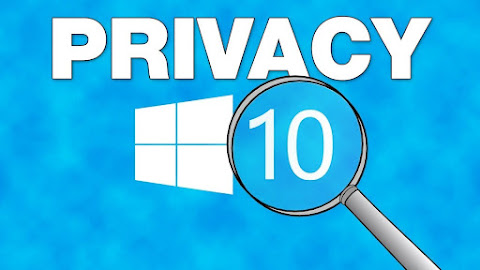Pinned Post
All stories
mi73n@Techglyphs : ~ $ sudo pro attach C1kfRZQhvE7iZA13QqUixWfVBrTnW [sudo] password for mi73n: Enabling default service esm-apps Updating Ubuntu P…
Visit and install the FirefoxPWA extension and follow the instructions in the browser. Accept to the license agreement, Download and install visual…
1. Use a password rather than a PIN for local accounts. Whether you use a local account or Microsoft account, make sure you use a strong, alphanumeri…
Get NextDNS Here NextDNS protects you from all kinds of security threats, blocks ads and trackers on websites and in apps and provides a safe and sup…
An investigative data journalist and a former tech lawyer teach you how to spot tricks and hidden disclosures within these interminable documents—…
Introduced by OpenAI in 2020, the GPT-3 text generator has become one of the most talked about technologies in the field of artificial intelligence…





